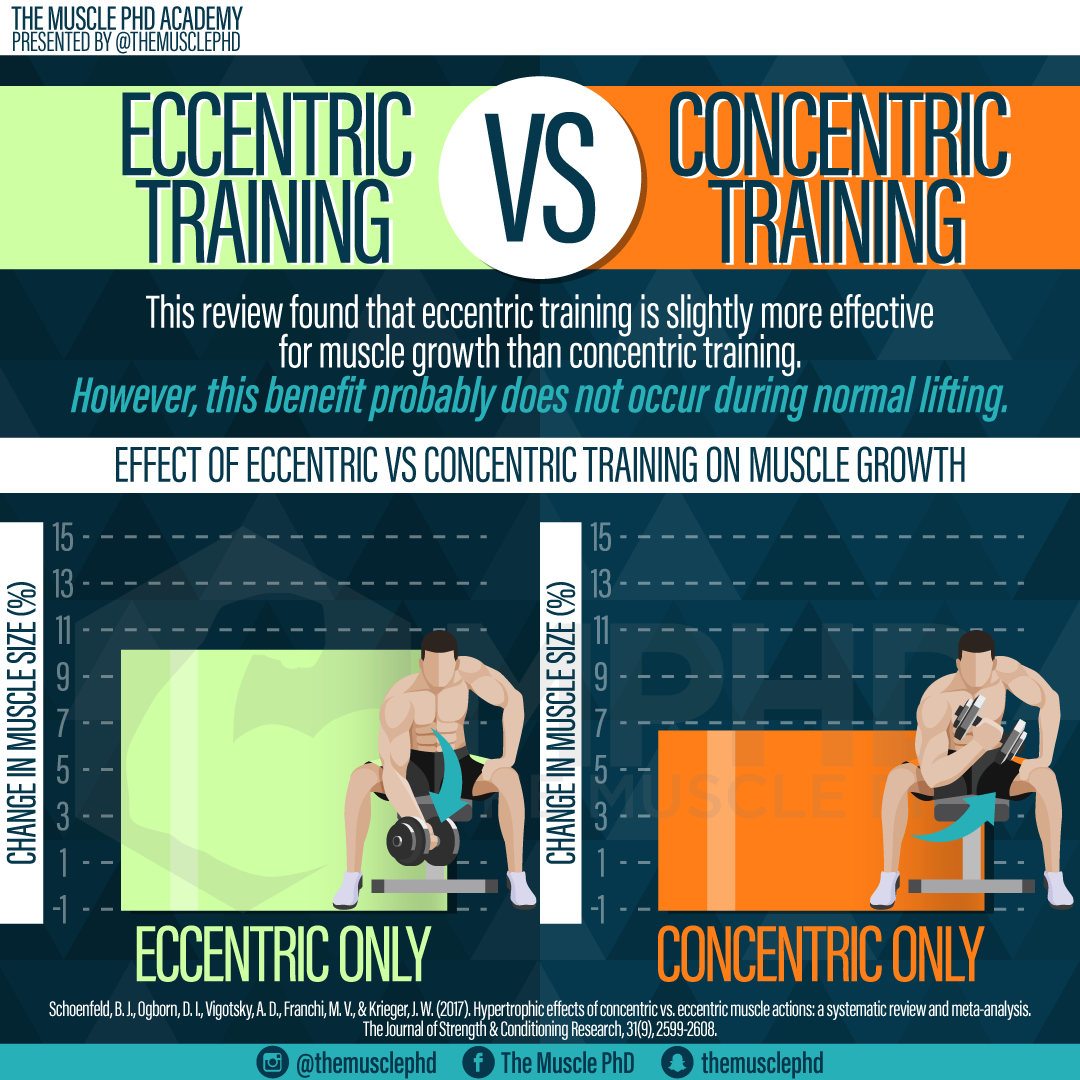
From Skeptic to Believer: My Journey to Embracing a Vegan Diet
Introduction to Vegan Diet
The vegan diet, which excludes all animal products, has gained popularity in recent years due to its associated health benefits, ethical considerations, and environmental impact. Unlike vegetarianism, which allows for dairy and eggs, a vegan diet consists solely of plant-based foods.
Health Benefits of a Vegan Diet
Numerous studies suggest a vegan diet may lead to better health outcomes. Here are some potential benefits:
- Heart Health: A vegan diet is typically low in saturated fats and cholesterol, which can lead to lower blood pressure and a reduced risk of heart disease.
- Weight Management: Vegans tend to have lower body mass indexes (BMIs) than non-vegans. Plant-based foods are generally less calorie-dense.
- Reduced Risk of Chronic Diseases: Research indicates that vegan diets may lower the risk of developing type 2 diabetes and certain types of cancer.
- Digestive Health: A diet high in fruits, vegetables, and whole grains promotes healthy digestion due to high fiber content.
Challenges of a Vegan Diet
While the vegan diet has many benefits, it also poses challenges, particularly in terms of achieving balanced nutrition:
- Protein Intake: Vegans must ensure they’re getting enough protein from plant-based sources such as beans, lentils, tofu, and quinoa.
- Vitamin B12: This vitamin, crucial for nerve function and the production of DNA and red blood cells, is primarily found in animal products. Vegans should consider fortified foods or supplements.
- Iron and Zinc: These minerals are also abundant in animal products. While plant-based sources exist, they are not as easily absorbed by the body. Consuming vitamin C alongside can help enhance absorption.
- Omega-3 Fatty Acids: Essential fats from fish are important for brain health. Vegans can find omega-3s in flaxseeds, chia seeds, and walnuts.
Ethical Considerations
Many choose a vegan lifestyle for ethical reasons, opposing animal cruelty and factory farming practices. By abstaining from animal products, vegans advocate for animal rights and promote more humane treatment of livestock.
Environmental Impact
The livestock industry significantly contributes to greenhouse gas emissions, deforestation, and water depletion. Adopting a vegan diet can reduce one’s carbon footprint and contribute to more sustainable living.
Practical Tips for Transitioning to a Vegan Diet
Transitioning to a vegan diet may seem daunting; however, following certain tips can facilitate the process:
- Start Slow: Gradually substitute plant-based foods for meat and dairy. Try “Meatless Mondays” to ease the transition.
- Explore New Recipes: Discover a variety of plant-based recipes to keep meals exciting and satisfying.
- Get Involved: Join vegan communities or online forums for support and inspiration from fellow vegans.
- Read Labels: Always check for hidden animal products in processed foods, such as gelatin or casein.
Vegan Diet Myths
Several myths surround veganism, and addressing them can help clarify misconceptions:
- Myth 1: Vegan diets never contain enough protein. (In reality, many plant-based foods are high in protein.)
- Myth 2: Veganism is always healthier. (While many vegans eat healthily, it’s possible to consume processed vegan foods that aren’t nutritious.)
- Myth 3: Vegans cannot eat out. (Most restaurants now offer vegan options.)
Conclusion
A vegan diet offers numerous health benefits, ethical considerations, and environmental advantages that appeal to many individuals. While it comes with challenges, with planning and education, anyone can successfully adopt and enjoy a vegan lifestyle. Whether for health, ethical, or environmental reasons, choosing a plant-based lifestyle can positively impact your life and the planet.
Frequently Asked Questions (FAQs)
1. Is it hard to maintain a vegan diet?
Like any lifestyle change, maintaining a vegan diet can initially be challenging. However, with the right resources, support networks, and knowledge, many find it becomes second nature over time.
2. Can a vegan diet provide all the necessary nutrients?
Yes, a well-planned vegan diet can provide all the necessary nutrients, although care must be taken to ensure adequate protein, vitamins, and minerals. Consult with a healthcare professional or nutritionist if concerned.
3. What are some easy vegan meals to start with?
Some easy vegan meals include stir-fries, salads, smoothies, soups, and plant-based tacos. Experiment with vegetables, grains, and legumes to create balanced meals.
4. Can children follow a vegan diet?
Children can thrive on a vegan diet with careful planning and sufficient nutrients. It is advisable to consult a pediatrician or nutritionist to ensure proper growth and development.
5. Where can I find more support and information on veganism?
Online resources, vegan communities, and local groups provide support and information. Many websites offer recipes, tips, and forums for individuals interested in veganism.
For more information on related topics, please visit:
Quora on USA Domestic Steroids |
Menagerie Media Blog |
Body Piercing Guide |
Steroid.com |
Hanna Houston Podcast
FREE SHIPPING
CLICK HERE!
HOT PROMOTIONS!
A vegan diet is one that completely excludes all animal products, including meat, dairy, eggs, and even honey. Adopting a vegan lifestyle often stems from a variety of motivations, including ethical, environmental, and health concerns. Ethical vegans avoid animal products to prevent harm to animals and promote animal rights, believing that animals should not be exploited for food or any other purpose. Environmental motivations consider the significant impact animal agriculture has on climate change, deforestation, and water consumption. Health-conscious individuals often are drawn to veganism for its numerous reported health benefits, which may include lower risks of chronic diseases, improved heart health, and reduced inflammation.
One of the primary health benefits associated with a vegan diet is its potential to reduce the risk of chronic diseases. Numerous studies indicate that a plant-based diet can lower the likelihood of developing conditions such as heart disease, hypertension, type 2 diabetes, and certain cancers. This is largely attributed to the high intake of fruits, vegetables, whole grains, nuts, and seeds, which are rich in essential nutrients, antioxidants, and fiber. These components not only contribute to better overall health but also aid in maintaining a healthy weight. A vegan diet typically boasts lower calorie density, allowing individuals to consume larger portions while still managing their caloric intake.
In addition to health benefits, a vegan diet can significantly lessen an individual’s carbon footprint. The production of plant-based foods generally requires far fewer natural resources compared to animal agriculture, which is a leading cause of greenhouse gas emissions. Livestock farming utilizes vast amounts of land, water, and energy, which contributes to habitat destruction and loss of biodiversity. By choosing to adopt a vegan diet, individuals can play a part in addressing environmental issues and promoting sustainable food systems. This ecological awareness has prompted a growing trend among consumers to seek out plant-based foods, fostering the creation of more sustainable brands and products in the market.
Transitioning to a vegan diet may initially present challenges, particularly in terms of ensuring nutritional adequacy. Vegans need to pay particular attention to certain nutrients that are primarily found in animal products, such as vitamin B12, iron, calcium, omega-3 fatty acids, and protein. However, many of these nutrients can be obtained from fortified foods, plant-based sources, or supplements. With proper planning and education, individuals can maintain a well-rounded and nutritionally sufficient vegan diet. Many resources, including cookbooks, online platforms, and community groups, are available to support newcomers through the transition and provide inspiration for balanced plant-based meals.
Ultimately, a vegan diet is not just a dietary choice; it often represents a holistic lifestyle change. The principles of compassion, sustainability, and health extend beyond food choices to include consumer products, clothing, and even personal care items. As the vegan movement continues to grow around the globe, increasing awareness and accessibility, more individuals are embracing this lifestyle. Whether for ethical, environmental, or health reasons, the shift toward a vegan diet reflects a changing paradigm in how food is produced, consumed, and understood in relation to the world we inhabit.
















